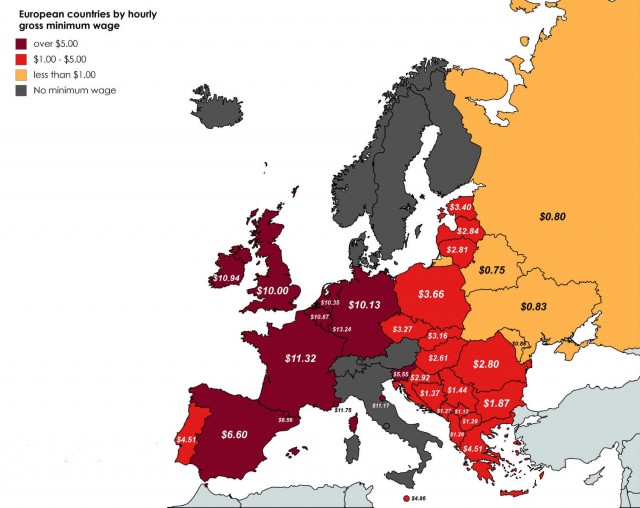The agreement between employers – such as nursing homes and community care providers – and workers, means that from July, caregivers in western parts of the country will receive at least €8.50 per hour while those in the former east, where living costs remain lower, will get at least €7.50 an hour.
It will cover nursing home staff and people who provide home-based care to the sick or elderly, who total about 800,000 workers in Germany.
After six months of consultations, the care commission of the Federal Labour Ministry agreed on the minimum wage, based on a compromise between workers and employers, though this must still be approved by the federal cabinet.
Federal Labour Minister Ursula von der Leyen welcomed the deal and vowed a quick introduction of the agreement.
“I will now forge an agreement in the government,” she said.
She was confident the junior coalition partners, the Free Democrats (FDP), would back the plan, even though the party is generally hostile towards minimum wages. She had spoken with Health Minister Philipp Rösler, who is from the FDP, and they had agreed on the need for “good quality care,” she said.
“It is important to set positive standards,” she said.
Germany is expected to need tens of thousands of extra care-givers in coming years as the population ages.
BPA president Bernd Meurer described the agreement as “a sign of reason on entry-level wages for unskilled workers in the care sector.”
Public workers’ union Verdi described the agreement as “long overdue” to protect workers against “wage dumping,” whereby companies slash their prices to undercut competitors – and then maintain profits by cutting their workers’ wages.





 Please whitelist us to continue reading.
Please whitelist us to continue reading.
Member comments